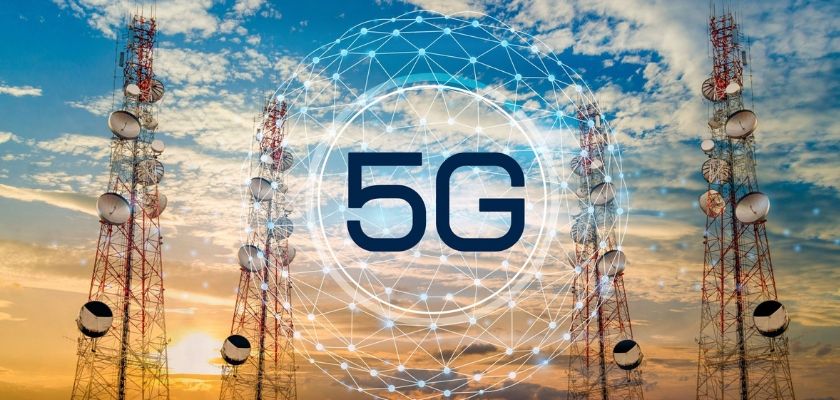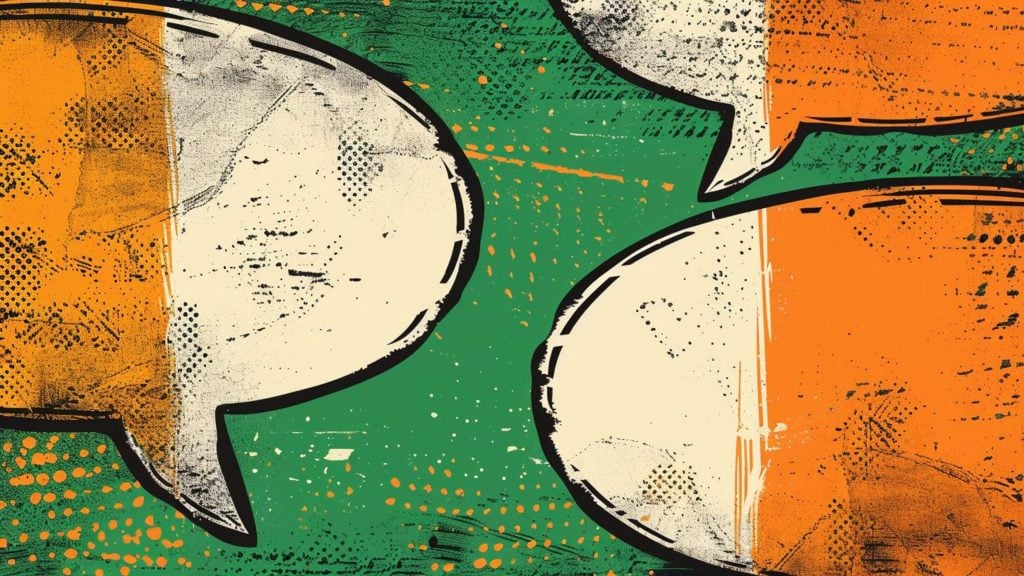5G, the incoming fifth generation of mobile technology, is bringing with it not only a lot of expectations of improved performance but also a lot of controversies.
Concerns and misgivings have been heard from many corners, ranging from whether the world’s biggest cell-phone tech maker Huawei should be allowed to lead the way in implementing 5G around the world, to whether the new networks will be damaging to human health.
Given that one of 5G’s features will be to enable the creation of “smart cities” – also known in privacy-concerned corners as “surveillance cities” – one would think that law enforcement would not be among the technology’s detractors.
But one would be wrong, as the European Union Agency for Law Enforcement Cooperation, Europol, is now letting us know.
While some of the upcoming 5G features will no doubt be appealing to the police, others that are supposedly missing from the new technology are currently taking center stage.
Namely, the ability to track and listen to criminals via their mobile devices provided to the police by 4G networks will be gone once the world starts switching to 5G, Europol Director Catherine De Bolle has told Reuters in an interview cited by the BBC.
“It is one of the most important investigative tools that police officers and services have, so we need this in the future,” she said.
De Bolle specified that Europol is currently using “mobile communication devices on the 4G network” – but that this option will be off the table with the new generation of mobile networks.
Europol now wants the EU to give it a bigger budget and broader powers as they are gearing up to face “tech-savvy” criminals of the future – and Europol wants a say in how 5G is implemented.
De Bolle said EU law enforcement had not been taking part in conversations and decisions around the technology as it was being discussed by governments and tech companies. For that reason, “officials are now being forced to seek ways to limit the damage when police are stripped of critical surveillance capabilities under 5G.”
But the GSM Association (GSMA), a global mobile operators’ trade body, has dismissed these concerns as unfounded – and denied that law enforcement had been left out of the preparations ahead of the switch to 5G.
In a statement quoted by the BBC, the GSMA said that law enforcement agencies had been “actively involved in the global 3GPP initiative that is responsible for setting the standards for 5G” – and that this includes “setting the standards for enabling lawful interception.”
If you're tired of censorship and dystopian threats against civil liberties, subscribe to Reclaim The Net.









